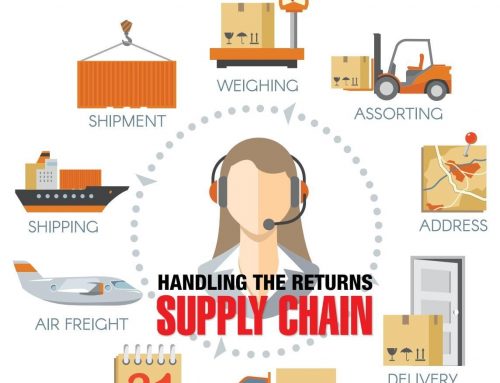Project Description
This course examines the renewed emphasis on running organizations leaner, effectively and efficiently. The renewed pressure to reduce cost as well as investment, while maintaining customer service levels is essential in world-class performance. Inventory Management is still one of the least understood practices in many companies and managers often fail to see the causal link between Inventory Management and good business results.
In addition, the mechanistic review of Min/Max reorder points will lead to disappointing results and in capital intensive companies, the value of spares in inventory often exceeds the value of all other inventory combined. Huge investments, excessive costs and low availability of stock often cause a knee-jerk reaction instead of adopting sound inventory management principles.
Why attend
Knowledge of Inventory Management is critical for the effective management of procurement and the supply chain, however Inventory it is commonly not understood. Therefore too high levels of inventory are held with attendant increases to costs, product obsolescence etc. This course will feature:
• Reduction in inventory investment
• Improved customer satisfaction
• Reduced cost of running the inventory management function
• Understanding inventory categories in management
• Management of Stock Keeping Units in terms of their priorities
Course Objectives
By the end of the course, participants will be able to:
· Understand the importance of inventory & the role it plays in the profitability of the company
· Examine the most appropriate method for managing an item
· Understand the value chain in inventory management
· Apply best methods to optimize the investment in inventory
· Examine the appropriate inventory management technique for each type of item
Who should attend
This course is ideal for either those new to managing inventory, non-inventory people who need to gain an awareness of the issues and key drivers of stock control operations, Inventory, Stock, Supply Chain, Logistics, Warehouse and Distribution Professionals.
.
Course Outline
Inventory in the Value Chain
The purpose of inventory in the value chain • Classification of inventory • Procedure for eliminating obsolete inventory • Pareto Law in identifying product Classification • Location of inventory • Using Economic Order Quantity on managing inventory order level
Demand Planning
Basic forecasting methods • Customer segmentation • Hierarchy of planning • Aggregate planning • Maintenance & Inventory planning meeting • Master Scheduling
Forecasting
Principles of forecasting • Effect of lead time on the forecasting process • Quantitative forecasting • Qualitative forecasting • Tracking forecast accuracy
- Determining safety stock
Inventory Recording
Period stock take • Cycle counting
- Perpetual recording • Utilizing Bar-cades to manage inventory and movements • The use of Radio Frequency Identification (RFID) for recording inventory movement
- Inventory accounting
Performance Measurement
Stock turnover rate • Customer service • Cost of operations • Measuring the effectiveness of your system • How to use the measurements • Class exercise on selective inventory management
The workshop
This interactive training course includes the following training methodologies as presented on the next column based on percentage of the total tuition hours:
Lectures
Workshops & Work presentation
Case Studies & Practical Exercises
Videos, Sofware & General Discussion
The course instructor may modify the above training methodology before or during the course for technical reasons with no prior notice to participants.
Falcon Consulting Professionals is established in Greece for the last 15 years in the areas of technical consulting and professional training for the local industries. Falcon is expanding in GCC, aiming to provide the best consulting and training solutions to the industries of the region. Falcon’s instructors are accredited trainers and highly experienced in their fields, as well as adult training. We aspire to build our business relationships on mutual trust. The achievement of results with an emphasis on innovation and sustainability, quality, cost analysis and time scheduling are non-negotiable from the conceptual phase of the training.








